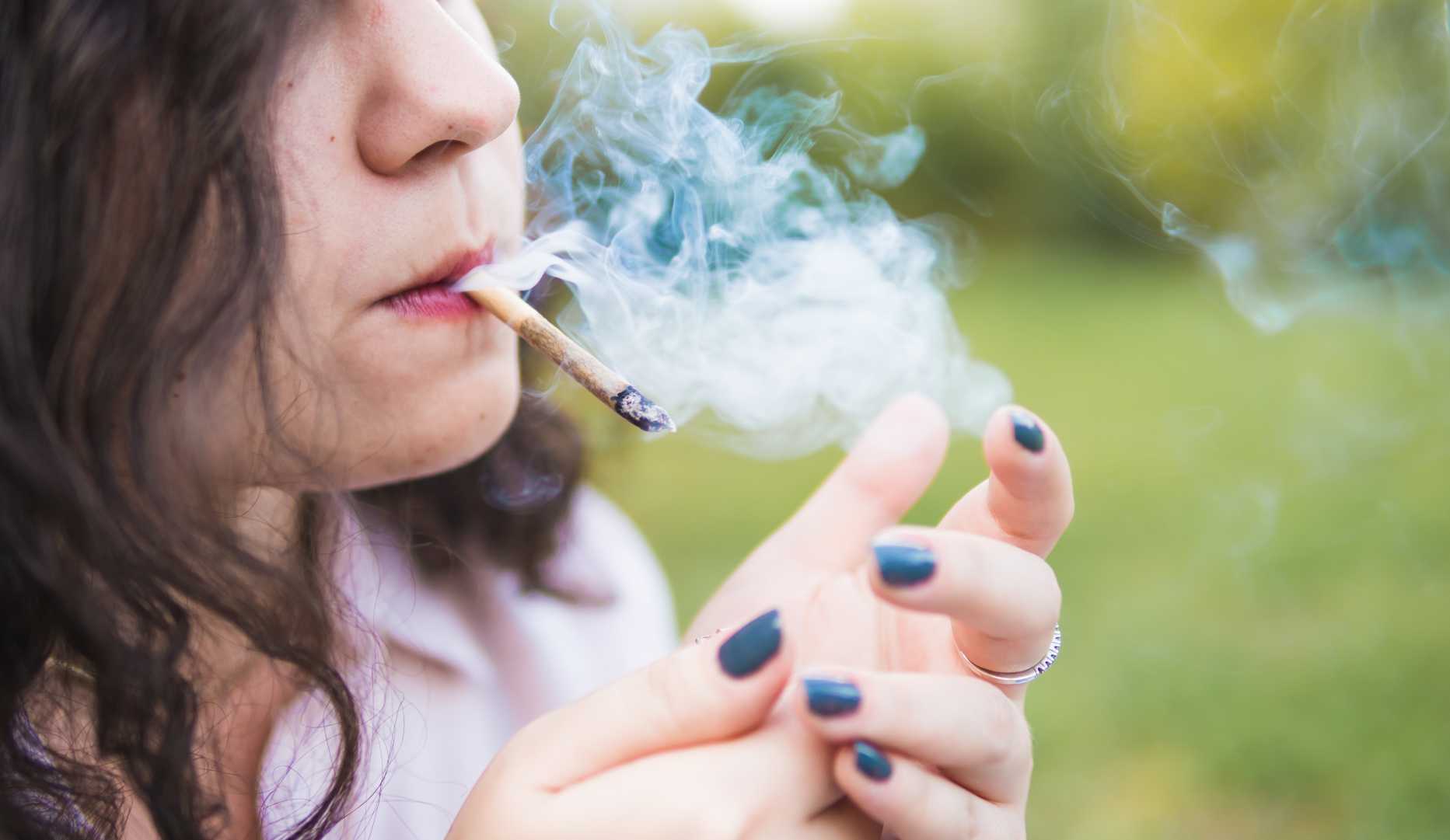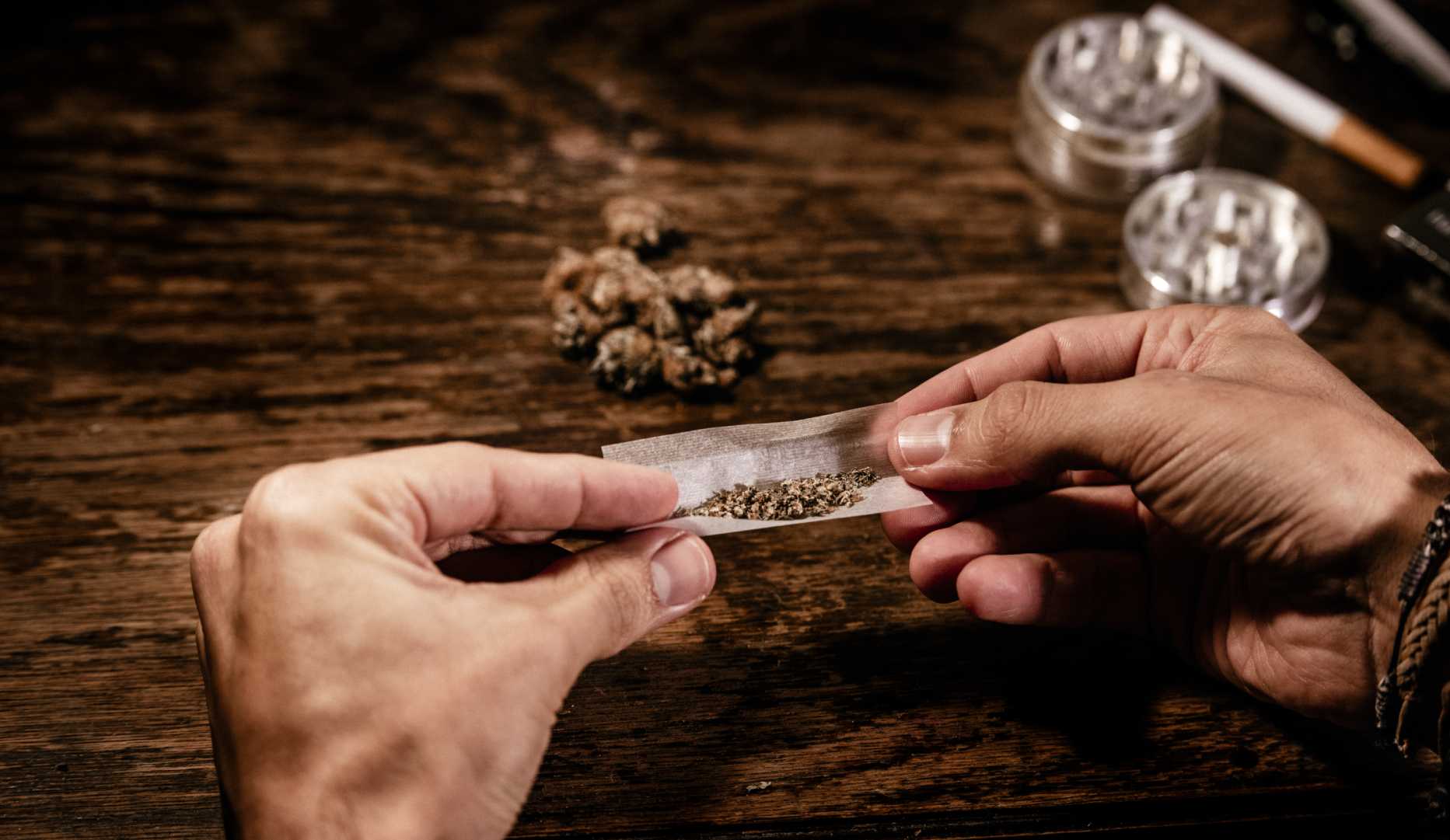Introduction
We at Center for Mental Health, Pune, one of the best mental health centers in India, share with you information about Marijuana and the harmful effects of Marijuana and what you can do about it. The best psychotherapists in India at the Center for Mental Health, Pune are trained to help you with the best therapies for addictions.
Marijuana is popularly called weed, herb, pot, grass, bud, ganja, Mary Jane, and a vast number of other slang terms. It is a greenish-gray mixture of the dried flowers of Cannabis sativa. People smoke marijuana in hand-rolled cigarettes, or pies and water pipes or cigar wraps. The main psychoactive (mind-altering) chemical in marijuana, responsible for most of the intoxicating effects that people seek, is delta-9-tetrahydrocannabinol (THC).
Marijuana effects on mental health
Smoking marijuana has many short term and long term effects.
Short term effects include
- Short-term memory problems
- Severe anxiety, including fear that one is being watched or followed (paranoia)
- Very strange behavior, seeing, hearing or smelling things that aren’t there (hallucinations)
- Not being able to differentiate between imagination from reality (psychosis)
- Panic
- Loss of sense of personal identity
- Lowered reaction time
- Increased heart rate (risk of heart attack)
- Increased risk of stroke
- Problems with coordination (impairing safe driving or playing sports)
- Sexual problems
Long term effects include:
- Decline in IQ (up to 8 points if prolonged use started in adolescent age)
- Poor school performance and higher chance of dropping out
- Impaired thinking and ability to learn and perform complex tasks
- Lower life satisfaction
- Addiction
- Potential development of opiate abuse
- Relationship problems, intimate partner violence
- Antisocial behavior including stealing money or lying
- Financial difficulties
- Increased welfare dependence
- Greater chances of being unemployed or not getting good jobs.
The psychoactive effects of marijuana have subjective effects depending on the dosage, route of administration, and, most crucially, the set (expectations) and setting (environment).
Withdrawal effects of marijuana include:
- Increase irritability
- Cause anxiety
- Make it harder to sleep
- Cravings
- Depression
- Restlessness
- Agitation
- Insomnia or extreme fatigue
- Reduced appetite or weight loss
- Mood swings
- Inability to experience pleasure
Myths & Facts of marijuana
Here are some myths and facts about the consumption of Marijuana.
- MYTH – Marijuana is okay for some youth.
FACT – marijuana use during adolescence and early adulthood can damage the part of the brain associated with learning and memor. - MYTH – Marijuana isn’t addictive.
FACT – Chronic marijuana use can lead to addiction. Long-term marijuana users trying to quit report various withdrawal symptoms, including irritability, sleeplessness, decreased appetite, anxiety, and drug craving. - MYTH – Marijuana is safe to use during pregnancy and breastfeeding.
FACT – Use of marijuana during pregnancy can affect a baby’s brain development and may lead to later problems with attention, behavior, memory, delayed reading skills, and depression. - MYTH – Marijuana helps one’s mood and promotes mental health.
FACT – marijuana and associated THC-containing products are stimulants and can contribute to impaired judgment and increased susceptibility to mental health problems, including depression, insomnia and paranoid delusions. - MYTH – Marijuana has minimal impact on driving, road safety and crime.
FACT – Marijuana significantly impairs judgment, motor coordination, and reaction time decreasing driving ability and moral judgement.
Psychotherapy for marijuana
Marijuana may not be physically addictive in the same way as other drugs like heroin or alcohol, the psychological addiction can be powerful.
Our best psychotherapists in India are experts in treating marijuana addiction. These treatments are but not limited to:
- Cognitive-behavioral therapy
Includes strategies to identify and correct problematic behaviors in order to enhance self-control, stop drug use, and address a range of other problems that often co-occur with them. - Contingency management
Includes frequent monitoring of the target behavior with strategies to remove undesired behaviour and increase desired behaviour in relation to the marijuana use. - Motivational enhancement therapy
A systematic form of intervention designed to produce rapid, internally motivated change for mobilizing his or her own internal resources for change and engagement in treatment.
How to discuss with your young ones about marijuana
Marijuana, alcohol, tobacco, caffeine, over-the-counter, and prescription drugs are everywhere. We need to talk about marijuana and other drugs in a sophisticated manner and distinguish between use and abuse. By acknowledging distinctions, we can more effectively recognize problems if and when they occur.
We, at the best mental health center in India, share what parents can do.
- Listen – to what teens have to tell us about their lives and their feelings. Start with natural opening conversations like drug use in movies, television, etc.
- Learn – about the physiological, psychological, and sociological effects of alcohol and other drugs. This involves reading and asking questions
- Act – Prevention is fundamentally about creating caring, connected relationships and an open exchange of information. Relationships built on trust are key in preventing and countering drug use.
- Lead – Parent workshops are fundamentally about opening a discussion to share science-based information and to connect with others in the community.
- Help – During emergency situations and in situations where you know your child has consumed alcohol or drugs. You can start by recognizing problem use, what to do about it, and when to seek professional help.
We encourage you to book an appointment with us for you or your family members and seek professional help from trained, licensed, experienced, and best psychotherapists in India in order to deal with addictions.


